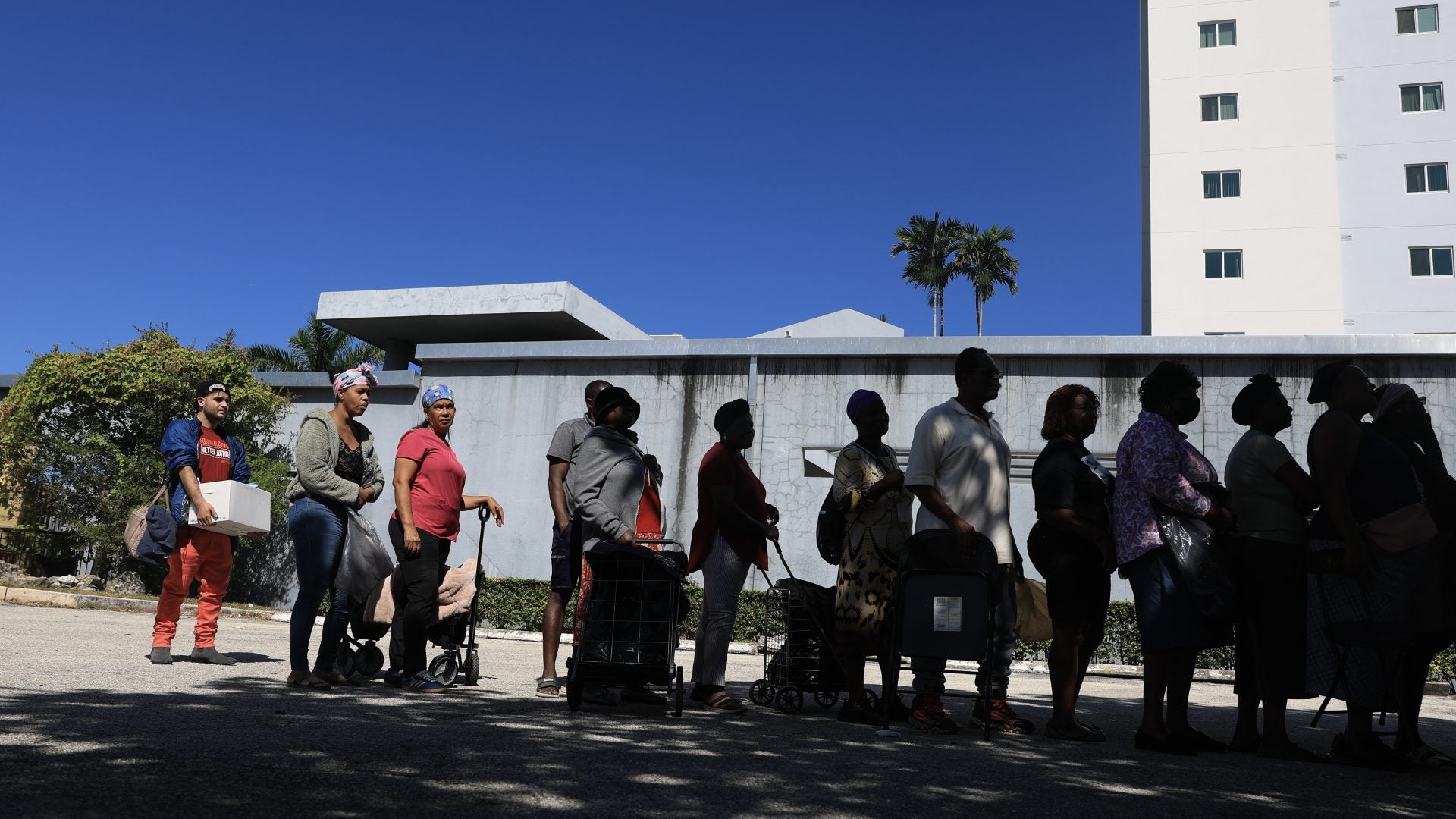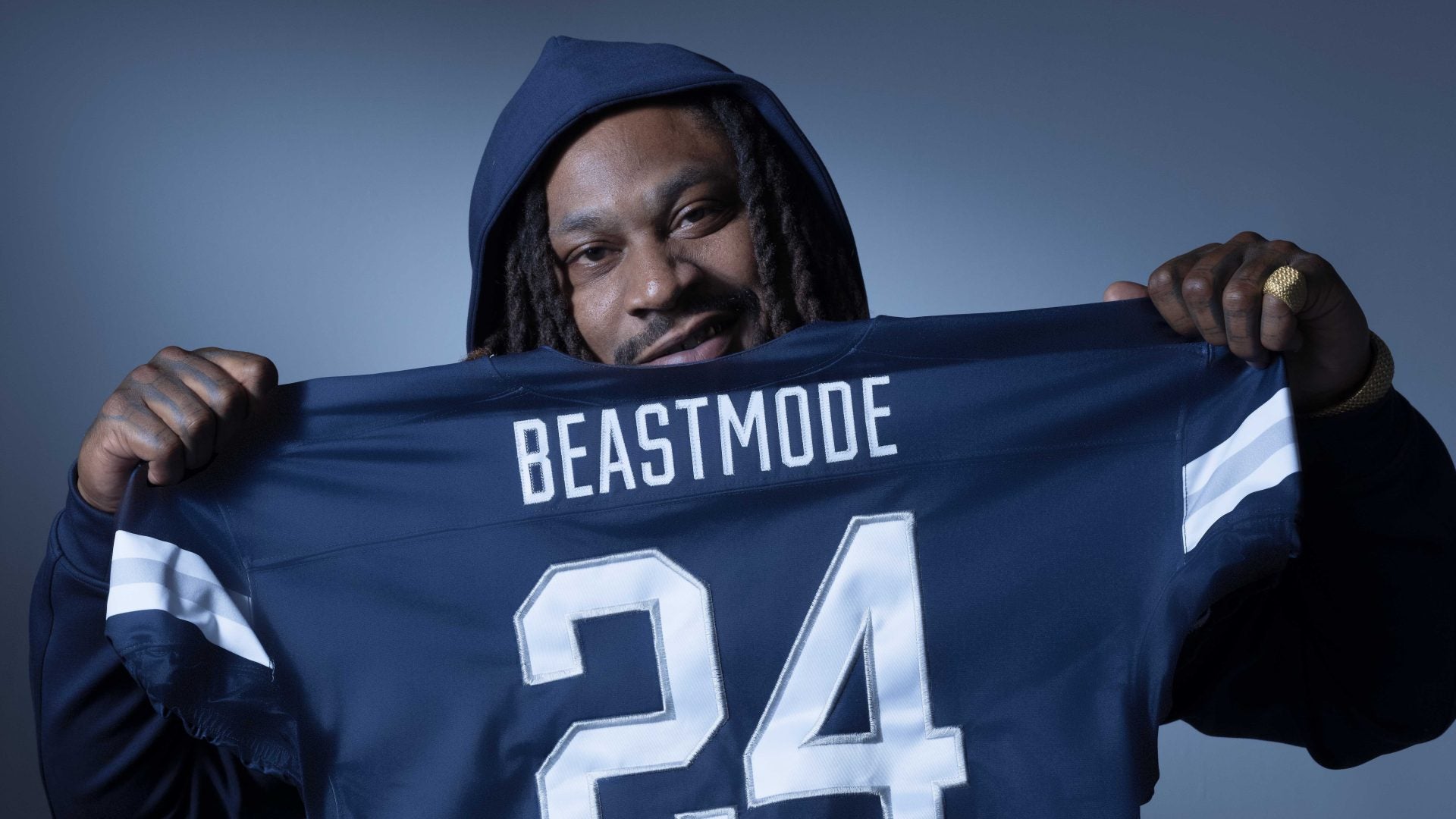On a balmy Sunday morning, actress and activist Holly Robinson Peete is at home, floor-managing her four young children with equal parts grit and grace, never raising her voice but never losing sight of what she expects from them. Balancing 2-year-old Roman on her hip, Holly watches affectionately as her three other children—9-year-old twins Ryan Elizabeth and Rodney, Jr., and 4-year-old Robinson—bang out an impromptu concert on the piano for their visitor. The music gets louder and more discordant as the kids try to outdo one another, and Holly moves smoothly to cut it off. She then herds us all into an adjacent room to view her photos of a recent family trip: The Peetes were part of a contingent that accompanied Oprah Winfrey to South Africa to inaugurate her new leadership school for girls. Holly glows with excitement at the idea of Oprah giving such an enormous gift to a population that has so little, a present that will endure for generations to come. It is a thrill she gets in some measure from running HollyRod Foundation, the nonprofit she and her husband, Rodney Peete, founded ten years ago to assist those living with Parkinson’s disease. “Marian Wright Edelman said, ‘Service is the rent we pay for living,’ ” says Holly. “I love that. Running a nonprofit can be rough, but a philanthropic high is like no other. It’s all about balance.”
The actress’s reputation for balance is rare in Hollywood. Instead of relationship-hopping and contract disputes, she is known for a strong 12-year marriage to her spouse, a former NFL quarterback; her close-knit family and a steady career that spans almost 20 continuous years in television. Her first series was 21 Jump Street, in the 1980’s, and her most recent is the dramedy Football Wives, an ABC pilot slated for the fall.
At home, Holly is charmingly ordinary, dressed in jeans, purple Ugg boots and a T-shirt, with her hair pulled back in a ponytail. The 41-year-old is as trim and wiry as a teenager. She has a wide-eyed quality that makes her seem younger than her age, perhaps a permanent effect of being the daughter of Matthew Robinson, the actor and writer who portrayed the beloved character Gordon on Sesame Street in the 1970’s. Robinson was diagnosed with Parkinson’s at the relatively young age of 46, and it was his long, spirited but ultimately losing battle with the disease (he died in 2002) that inspired Holly to start the foundation. Her father, by the way, is a complicated figure—a role model and touchstone but also a problematic parent in Holly’s childhood. He left the family when she was 9, forcing her mother, Dolores (who is also her manager), to move from their native Philadelphia to the great unknown of Los Angeles. But Holly seems not to harbor any ill will; she says her father’s condition actually made them closer. “I thought I had done something wrong as a daughter, and he broke down one day and said, ‘No, that’s not it,’ ” she recalls. “I learned that his own father had mentally checked out after his sister, my aunt, died of scarlet fever because a White hospital wouldn’t treat her. There was a lot of hidden pain in his life that my father didn’t share.”
That wasn’t Holly’s only father issue. Until he retired from the NFL, two years ago, Rodney was also largely absent—gone half the year for training and regular season play. This meant that for much of the marriage, Holly did the child rearing on her own. The situation was compounded when Rodney, Jr., was diagnosed with autism at age 3. Next to her father’s Parkinson’s diagnosis, Holly says, learning that her son has autism was the most devastating moment of her life. Her husband and mother resisted the diagnosis until Holly gave them both an ultimatum: Get on board with seeking treatment for Rodney, Jr., or get gone. “I was going to leave my husband and divorce my mom,” she says emphatically. “I knew we had to roll up our sleeves and not go into denial. With autism, early intervention is important. We had to get those therapies going.” Her family quickly came around, and Rodney, Jr., is now a personable boy in the process of being mainstreamed at school. But the experience of raising an autistic child has been painfully educational for Holly.
“You really find out who your friends are,” she says. “When your kid is struggling at 4, being disruptive, and he stops getting invited to parties and play dates, it hurts.” Holly admits she went through her own period of denial and grief, though not for long. “I had this moment when Rod was in this school where many of the kids were much more severely affected than he was—he was like the poster boy,” she recalls. “That’s when I thought, This could be so much worse.”
It’s a supreme balancing act, admirable by any standards. Yet when it comes to her own career, some say that the actress has stuck too much to the middle, staying in the comfort zone of television instead of aspiring to movies, the brass ring for most actors. Holly says the choice was conscious. “After I started having kids, I really didn’t want to do film,” she says, citing the logistical headache of being away on sets for months at a time. But Holly is plenty excited about her new series, Football Wives, which costars Gabrielle Union and Ving Rhames. She says the show is good for her family values. “Rodney says to me, ‘The nonprofits are nice, but Mama needs to do a little for-profit now,’ ” she says, laughing again. “Time to get back to work!”
Erin Aubry Kaplan is a Los Angeles writer.
Holly's Heart
Getting your Trinity Audio player ready…





